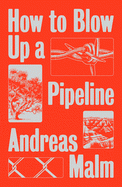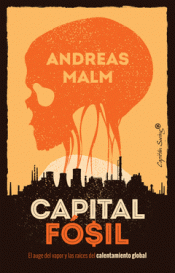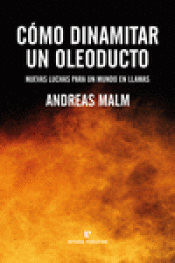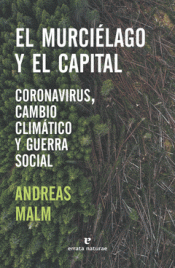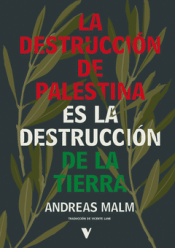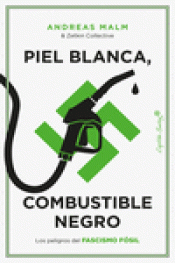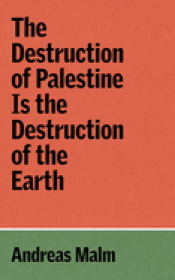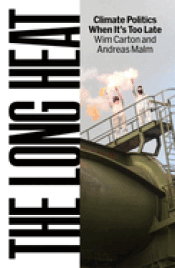Property will cost us the earth
The science on climate change has been clear for a very long time now. Yet despite decades of appeals, mass street protests, petition campaigns, and peaceful demonstrations, we are still facing a booming fossil fuel industry, rising seas, rising emission levels, and a rising temperature. With the stakes so high, why haven't we moved beyond peaceful protest?
In this lyrical manifesto, noted climate scholar (and saboteur of SUV tires and coal mines) Andreas Malm makes an impassioned call for the climate movement to escalate its tactics in the face of ecological collapse. We need, he argues, to force fossil fuel extraction to stop--with our actions, with our bodies, and by defusing and destroying its tools. We need, in short, to start blowing up some oil pipelines.
Offering a counter-history of how mass popular change has occurred, from the democratic revolutions overthrowing dictators to the movement against apartheid and for women's suffrage, Malm argues that the strategic acceptance of property destruction and violence has been the only route for revolutionary change. In a braided narrative that moves from the forests of Germany and the streets of London to the deserts of Iraq, Malm offers us an incisive discussion of the politics and ethics of pacifism and violence, democracy and social change, strategy and tactics, and a movement compelled by both the heart and the mind. Here is how we fight in a world on fire.
"If a livable world requires an all-over transformation, where and when and how do we start? Perhaps with this book, a provocative manifesto from the pioneering theorist of the climate age."
--David Wallace-Wells, author of The Uninhabitable Earth
" How to Blow Up a Pipeline is a challenge to the left, and an important one."
--John Foster, The Battleground
HOW TO BLOW UP A PIPELINE
AUTOR/A
MALM, ANDREAS
Andreas Malm (Suecia, 1977) es un escritor, periodista y activista sueco conocido por ser una de las ?voces más relevantes en los debates sobre la cuestión ?del cambio climático. A medio camino entre el erudito y el activista, ha publicado más de una docena de ?libros sobre la economía política del cambio climático,? el antifascismo y las luchas en el Medio Oriente. Forma parte del grupo Klimax, que lleva a cabo acciones ?de desobediencia civil y sabotaje como estrategia de ?lucha y concienciación de cara a confrontar las futuras crisis climáticas. Recientemente, ha coordinado un?proyecto de investigación interdisciplinar de la Universidad de Lund sobre la relación de los combustibles fósiles, la acumulación de capital y la ultraderecha europea.

